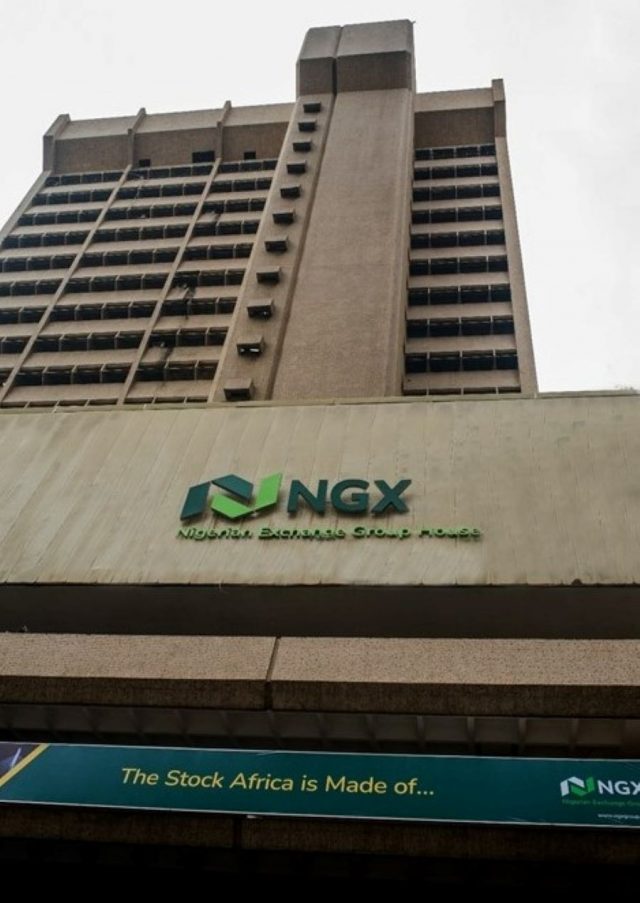…The last five years have been a golden period for listed Nigerian equities, with the NGX All-Share Index up 262.3% since 1 January 2020.
…Doubtless low market interest rates have played a role in encouraging investors to take risk: earnings growth and new listings have also driven the market.
…Since 1 Jan 2024 our Model Equity Portfolio has delivered a notional 45.96% against the index’s 30.69% return.
TUE NOV 19 2024-theGBJournal| This year our Model Equity Portfolio is having an exceptional year, outperforming the NGX Exchange All-Share Index by 1,527 basis points year-to-date.
This compares with its average annual outperformance of 466bps over the past four years 2020-2023.
How has this happened? Part of our outperformance has come from a timely underweight in bank stocks early in the year, part of it from a useful (though short-lived) notional underweight in Airtel Africa.
And part of it has come from our main conviction trade of the year, namely a double overweight position in Seplat Energy.
In addition, we had some luck early on in the year, which we will now explain. We recognised that not holding neutral positions in the largest stocks by index weight exposes a portfolio to the risk of underperformance, if those stocks rally.
In the last week of January this year we were, quite accidentally (because we had over-compensated for a notional underweight position two weeks earlier), slightly overweight in Dangote Cement when it rallied by 98.3% over a fortnight.
We were also slightly overweight BUA Cement, which also rallied. By the end of January we had out-performed the market by 596 basis points.
We wrote at the time: “It is rather humbling to think that the kind of outperformance we strive for over a year can arrive in a week or two, and largely by chance (we remained very slightly overweight the two major cement stocks).”
Without this stroke of luck the Model Equity Portfolio would still be outperforming the index this year, though by some 500bps less than it has done, according to our performance attribution model.
Since January we have striven to keep neutral positions in the largest stocks by index weight. After all, what would have happened if we had been accidently underweight the two main cement stocks in January? It would have been a struggle to recover lost performance.
Now consider the plight of an equity fund – not a notional model portfolio like ours but one in the real world- whose statutes prevent it from holding 10% in any one stock. These statutes can create problems when three NGX Exchange-listed stocks have index weights in excess of 10%. A rule can cause a fund to underperform.
Happily our Model Equity Portfolio has no such limit. And, at a notional N46.8bn (US$28.2 million) it is quite a small portfolio in comparison with some real-life equity funds (we respect actually market liquidity even when making notional trades) so we can make notional purchases and sales in the stocks we like.
Each week we write about our intended changes to the portfolio.
What are the lessons this year? One lesson is to not panic (there were times when Seplat Energy fell, as indeed it did last week) but to hold on to high-conviction positions.
A second lesson is not to follows fads (though it would have paid to take some Oando this year) if you do not understand what is going on.
A third lesson is to build and maintain a performance attribution model. You must know exactly where you stand in relation to the market and you must measure your successes and failures with precision. The market, at the end of the day, is the boss.-This special report is written by Coronation Research and made available to theG&BJournal
X-@theGBJournal|Facebook-the Government and Business Journal|email:gbj@govbusinessjournal.com|govandbusinessj@gmail.com










